AI in Energy is rapidly transforming the way we manage and optimize the consumption of energy resources. As the world faces challenges related to climate change and sustainability, artificial intelligence (AI) has emerged as a key solution to improve energy efficiency and reduce waste. In this article, we will explore how IA in Energy is revolutionizing the energy industry, from grid optimization to real-time demand management.
Energy Consumption Optimization
One of the greatest benefits of AI in Energy is its ability to analyze large volumes of data in real time. This allows businesses and consumers to optimize their energy use, adjusting consumption according to specific needs and changing conditions. AI systems are able to learn energy usage patterns and recommend automatic adjustments to reduce waste, resulting in significant cost savings and greater sustainability.
In smart buildings, for example, AI systems control energy consumption by adjusting lighting, heating, ventilation, and air conditioning (HVAC) according to occupancy and weather conditions. This not only improves energy efficiency, but also reduces carbon emissions, contributing to the fight against climate change.
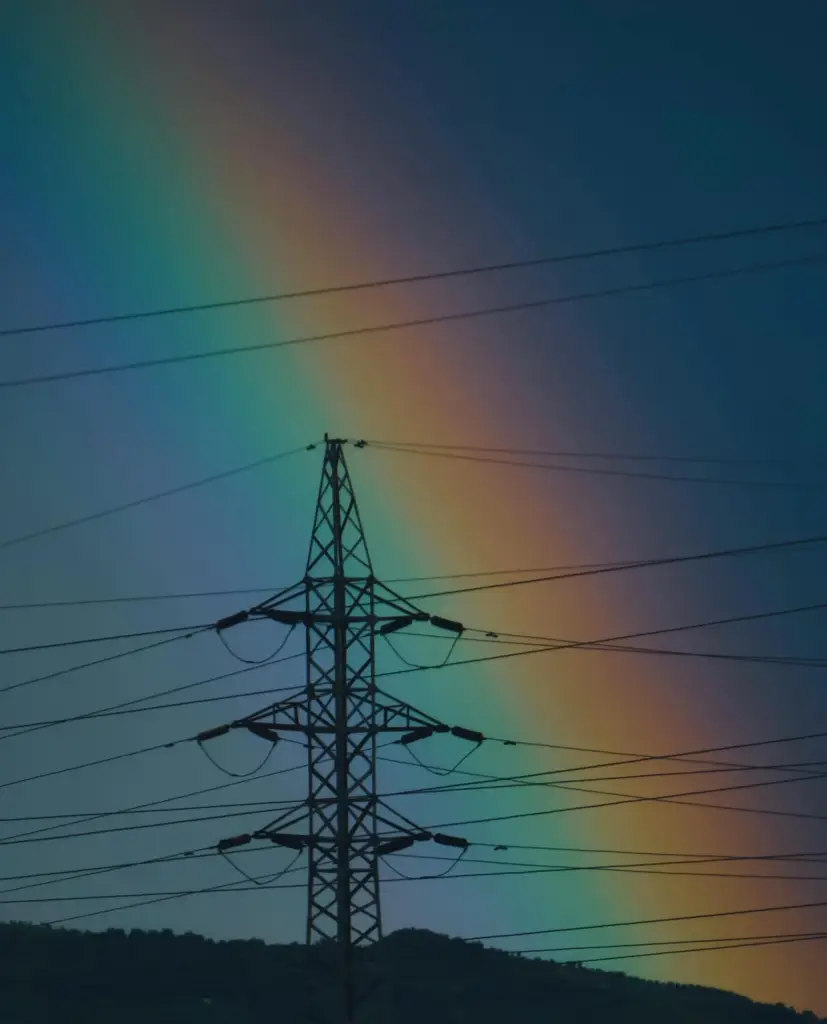
Energy Efficiency in Smart Grids
The AI in Energy is also playing a crucial role in the optimization of smart grids. Smart grids are electrical systems that use advanced digital technology to monitor and manage electricity distribution more efficiently. With the help of AI, these grids can forecast energy demand and adjust supply in real time to avoid overloads and improve system stability.
AI also enables the efficient integration of renewable energy sources, such as solar and wind, which are intermittent in nature. By predicting renewable energy production patterns and coordinating their integration into the grid, AI in Energy contributes to more effective use of available resources, minimizing waste and reducing dependence on fossil fuels.
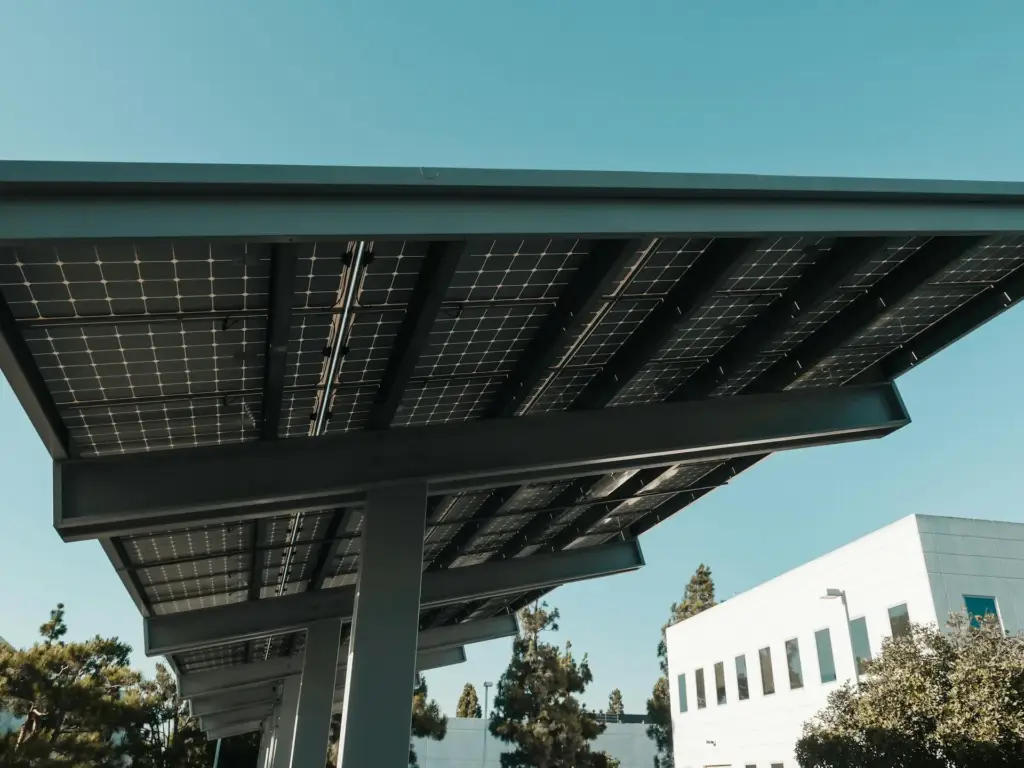
Predictive Maintenance and Resource Management
Another important application of AI in Energy is predictive maintenance of energy infrastructures. AI systems can monitor the condition of equipment, such as wind turbines, solar panels or power plants, and detect potential failures before they occur. This enables energy companies to carry out maintenance proactively, avoiding costly outages and improving the lifetime of equipment.
In addition, AI in Energy facilitates resource management, enabling more efficient distribution of energy supply according to demand. AI algorithms can adjust power generation based on projected consumption, avoiding overuse of resources and maximizing efficiency.
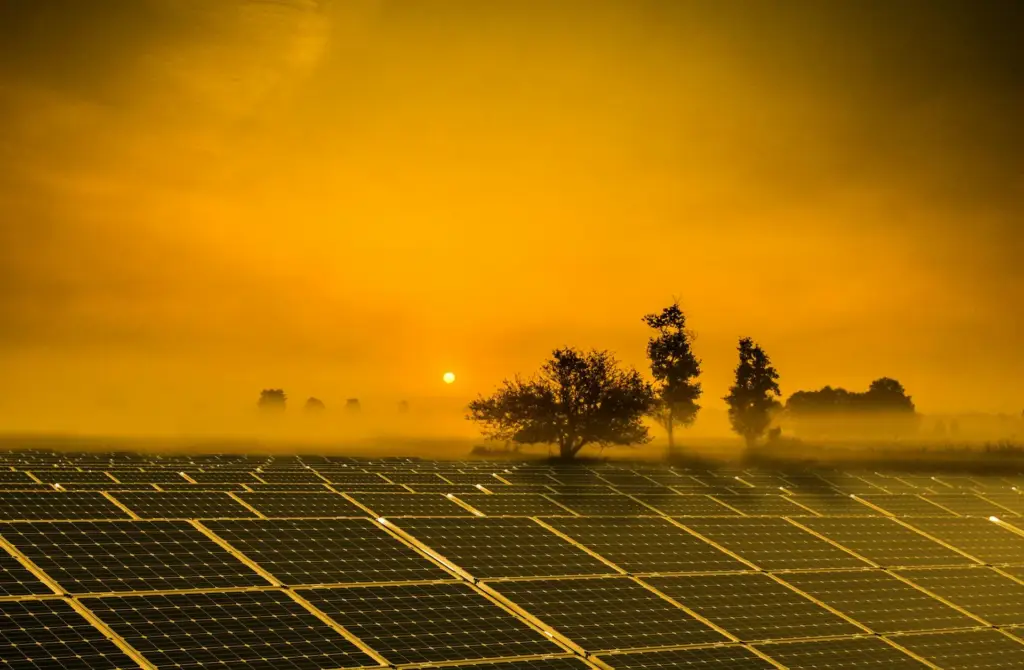
AI and Renewable Energy
One of the areas where AI in Energy is having a considerable impact is in the management and optimization of renewable energy. Artificial intelligence is able to predict fluctuations in wind and solar power generation, which are dependent on climatic factors such as wind and solar radiation. By using advanced predictive models, AI helps to improve the integration of these sources into power grids, adjusting energy consumption and storage to minimize losses.
For example, in wind farms, AI algorithms analyze real-time weather data to predict when turbines will produce more energy and adjust operation accordingly. This enables power grids to use wind energy more efficiently, maximizing the use of renewable sources and reducing the need to rely on fossil fuels.
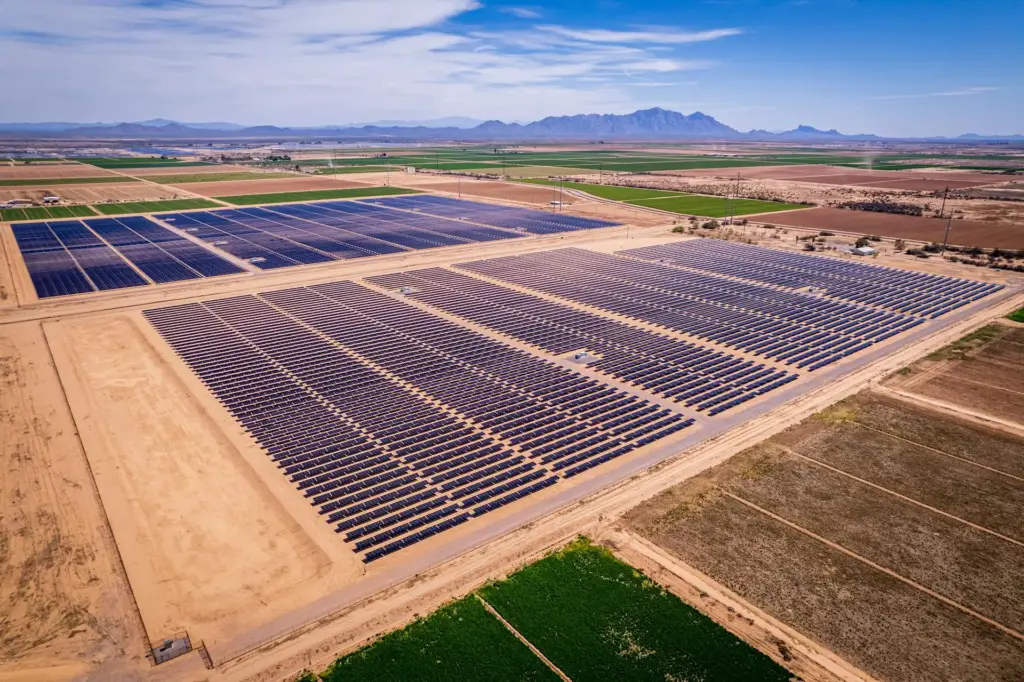
Energy Demand Management
The AI in Energy is also transforming the way we manage energy demand. Artificial intelligence systems allow consumers to adjust their energy consumption in real time, based on factors such as energy prices, availability of renewable sources and weather conditions. This is achieved through smart devices connected to the grid, which automatically respond to signals from the power grid to reduce or increase consumption as needed.
This demand-side management not only reduces costs for consumers, but also helps balance supply and demand on the grid, resulting in a more stable and efficient energy system. Households and businesses using these systems can benefit from lower energy rates by consuming energy during off-peak periods, thus contributing to greater overall system efficiency.
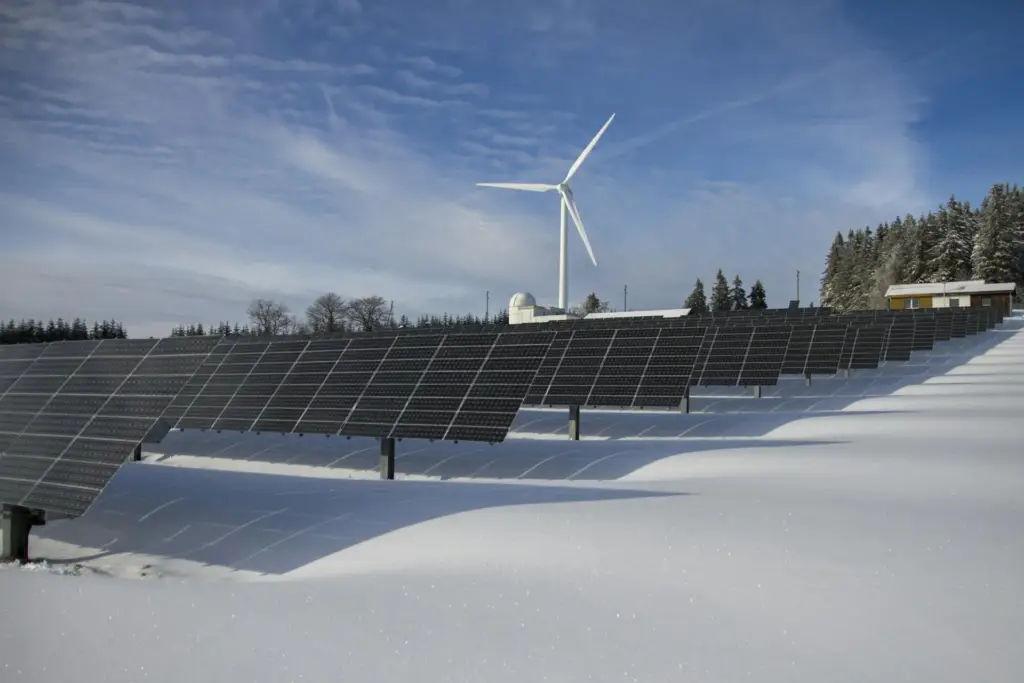
The Future of AI in Energy
The future of AI in Energy is extremely promising. As artificial intelligence technologies continue to advance, we are likely to see greater integration of these tools into all aspects of the energy system, from generation and distribution to consumption and storage.
Human-machine collaboration, facilitated by AI, will enable faster and more accurate decision-making in real time, optimizing energy resources in ways that were previously impossible. Ultimately, AI in Energy is helping to pave the way to a more sustainable future, where energy efficiency and carbon reduction are paramount.
Conclusion
AI in Energy is transforming industry by optimizing consumption, improving energy efficiency and integrating renewable sources. By enabling smarter management of energy resources, AI not only reduces costs and waste, but also contributes to a more sustainable and balanced energy system. As technology advances, the role of AI in Energy will continue to grow, offering innovative solutions to the energy challenges of the future.

